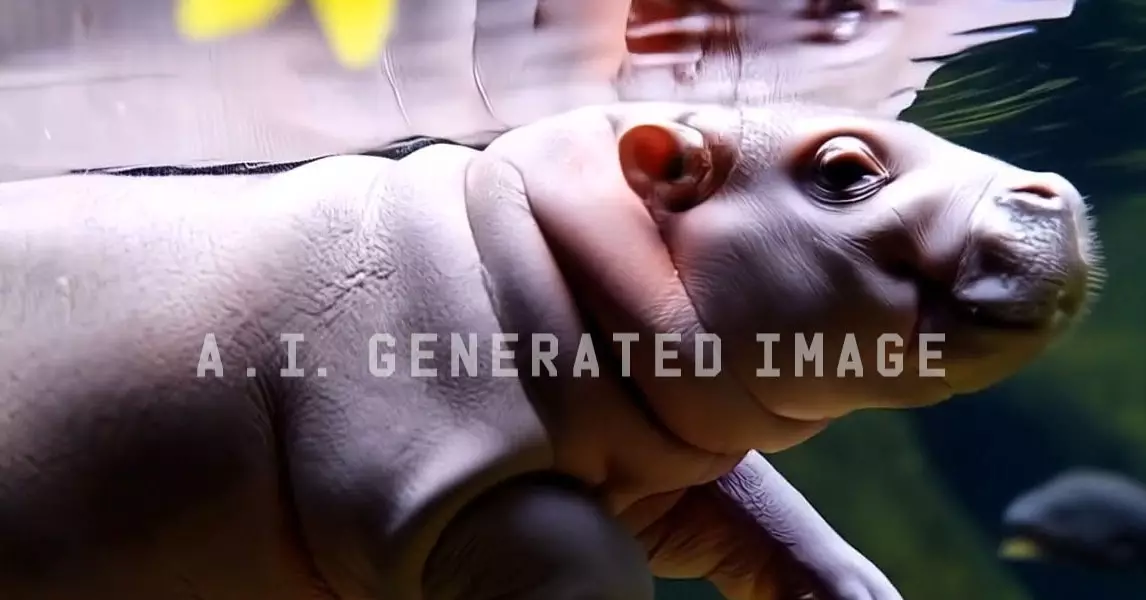Meta has introduced an innovative media-centric AI model known as Movie Gen, paving the way for new possibilities in multimedia content creation. This announcement follows recent revelations from Meta Connect, where the latest advancements in hardware and their large language model, Llama 3.2, were showcased. Movie Gen specializes in the generation of both realistic video and audio clips, demonstrating a paradigm shift in how we conceive and produce digital content. With the era of simple text-to-video transformations beginning to fade, Movie Gen emerges as a robust medium capable of performing intricate edits on existing videos and producing high-fidelity audio.
What sets Movie Gen apart is not just its ability to create engaging clips but its sophisticated editing features. For instance, it can strategically place objects into the hands of characters in a video or modify their visual appearance. Imagine a video clip where a woman seemingly dons steampunk binoculars instead of a VR headset; this is the level of creativity Movie Gen harnesses. The visual prowess it brings forth is accompanied by a soundscape that enhances the viewing experience. Video samples showcase varied scenarios, including symphonic sounds near a soothing waterfall and the audible thrill of a sports car hurtling around a racetrack. Such immersive audio-visual integration positions Movie Gen as an exciting tool for content creators looking to elevate their work.
Delving into the technical intricacies, Movie Gen is backed by a staggering 30 billion parameters for video generation and 13 billion for audio creation. This substantial parameter count is indicative of the model’s sophistication and ability to produce nuanced and high-quality content. As per Meta’s assertions, Movie Gen can generate high-definition videos lasting up to 16 seconds, and it reportedly excels compared to other existing models regarding video quality. For perspective, the largest variation of Meta’s Llama 3.1, which focuses on language processing, boasts an impressive 405 billion parameters, suggesting that while Movie Gen may not be the most extensive model available, it is tailor-made for its intended purpose in multimedia production.
However, despite the promising features of Movie Gen, questions arise about its training data’s ethical implications. Meta’s announcement was somewhat vague about the specific datasets used for training these models, stating only that they are sourced from a blend of licensed and publicly available data. This ambiguity raises concerns about the ethical boundaries of generative AI, especially regarding copyright and data ownership. The generative AI landscape is riddled with queries about what constitutes fair use when reapplied in new models. Consequently, transparency in sourcing and training data remains a critical aspect that may influence the model’s acceptance among users and developers in the long run.
The anticipation surrounding Movie Gen’s public availability evokes curiosity, particularly for creators yearning to employ these advanced capabilities. Meta’s announcement hinted at a potential future release, but a timeline remains unclear. This sentiment echoes movements within the tech community, where platforms like OpenAI’s Sora have not yet made their video tools accessible to the public. Meanwhile, competitors like Google have shared plans to integrate their models with creator tools on platforms such as YouTube Shorts, indicating the competitive landscape where multimedia content creation is headed.
While the ongoing restraint from major firms in unveiling their AI video models has left a void, various emerging startups are already offering users a chance to experiment with AI-driven video tools. Companies like Runway and Pika are at the forefront, granting creators the tools to explore functionality that is only just beginning to unfold across the industry.
Meta’s Movie Gen heralds an exciting chapter in the evolution of AI-generated multimedia content. As technology progresses, and ethical considerations are addressed, we can expect a transformation in how we engage with digital media. The fusion of visual storytelling with intelligent audio landscapes could redefine content creation in the social media sphere, making it more vivid, engaging, and personalized. The future may very well see Movie Gen and similar technologies embedded within popular platforms like Facebook, Instagram, and WhatsApp, unleashing creative potential worldwide.

